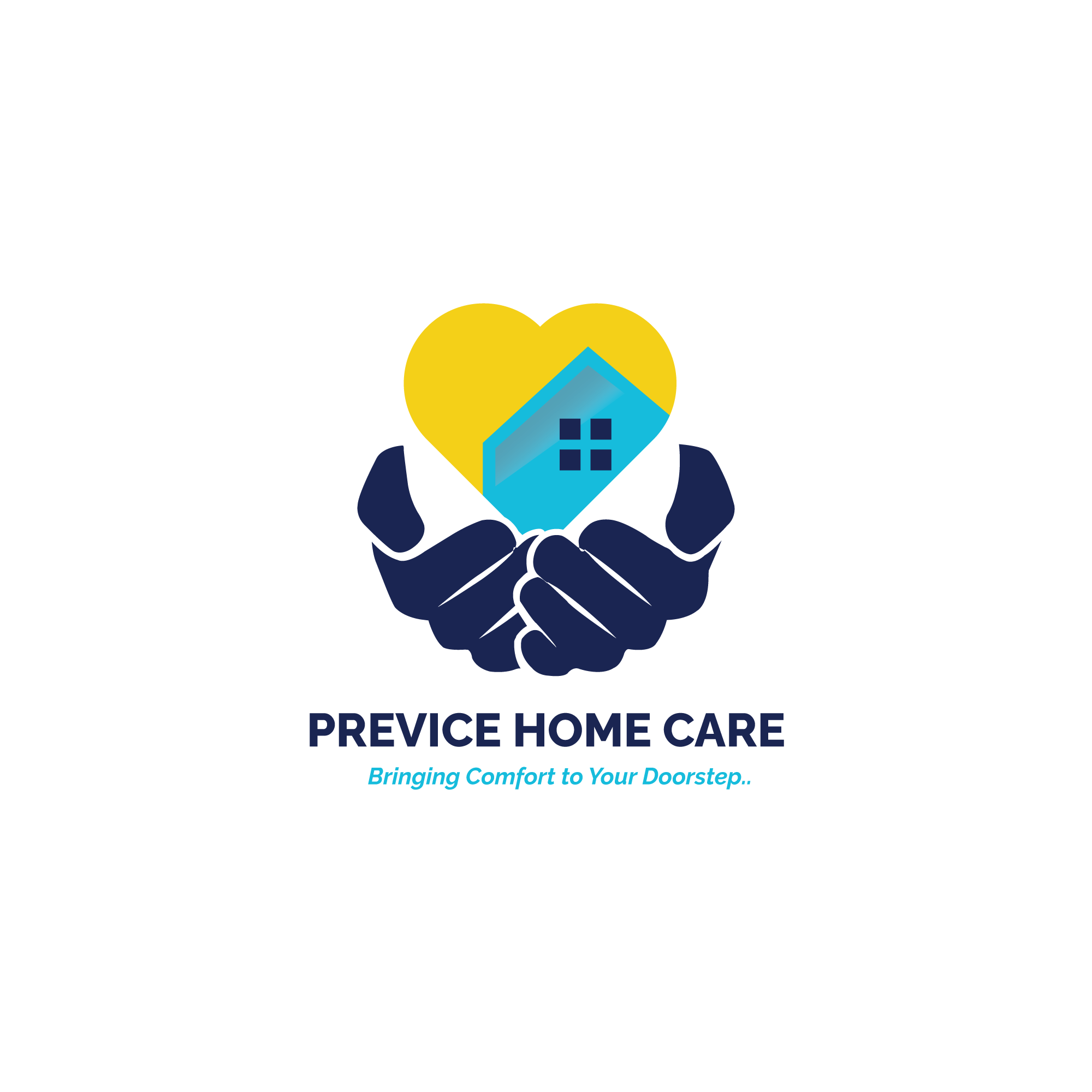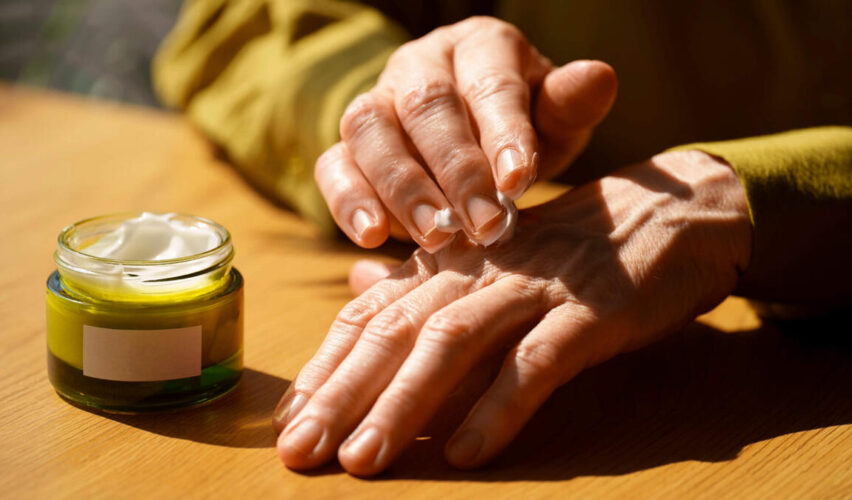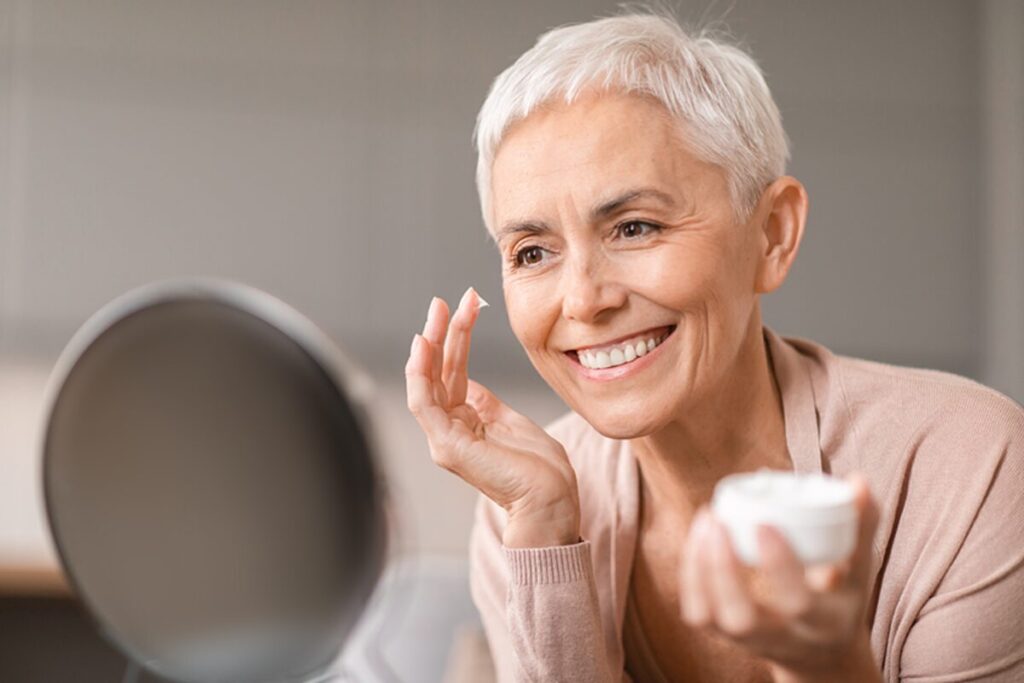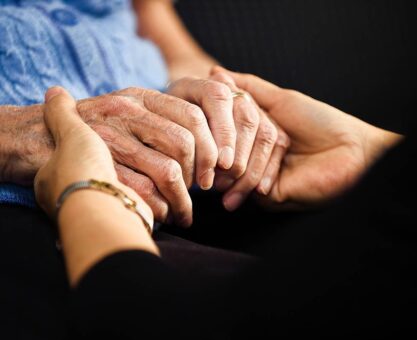When we think of caregiving, we often focus on nutrition, mobility, or medication. But one of the most overlooked elements of personal care is also one of the most important: home caregiving skin tips for maintaining healthy, resilient skin.
At Previce Care, we believe that skincare isn’t just cosmetic, it’s foundational. For care recipients of any age, gentle skincare routines contribute to dignity, comfort, infection prevention, and overall wellness. Whether you’re supporting a senior, a post-surgical patient, or someone living with a chronic condition, understanding and prioritizing skin care is essential.
Why Skin Health Matters in Home Care
Our skin is our body’s largest organ and our first line of defense against infection. In caregiving settings, skin issues can lead to discomfort, emotional distress, and even serious complications like pressure injuries or bacterial infections.
Care recipients may be more vulnerable due to:
- Reduced mobility (leading to pressure points)
- Incontinence or hygiene challenges
- Dry or thinning skin (common with aging)
- Side effects from medications
- Weakened immune systems
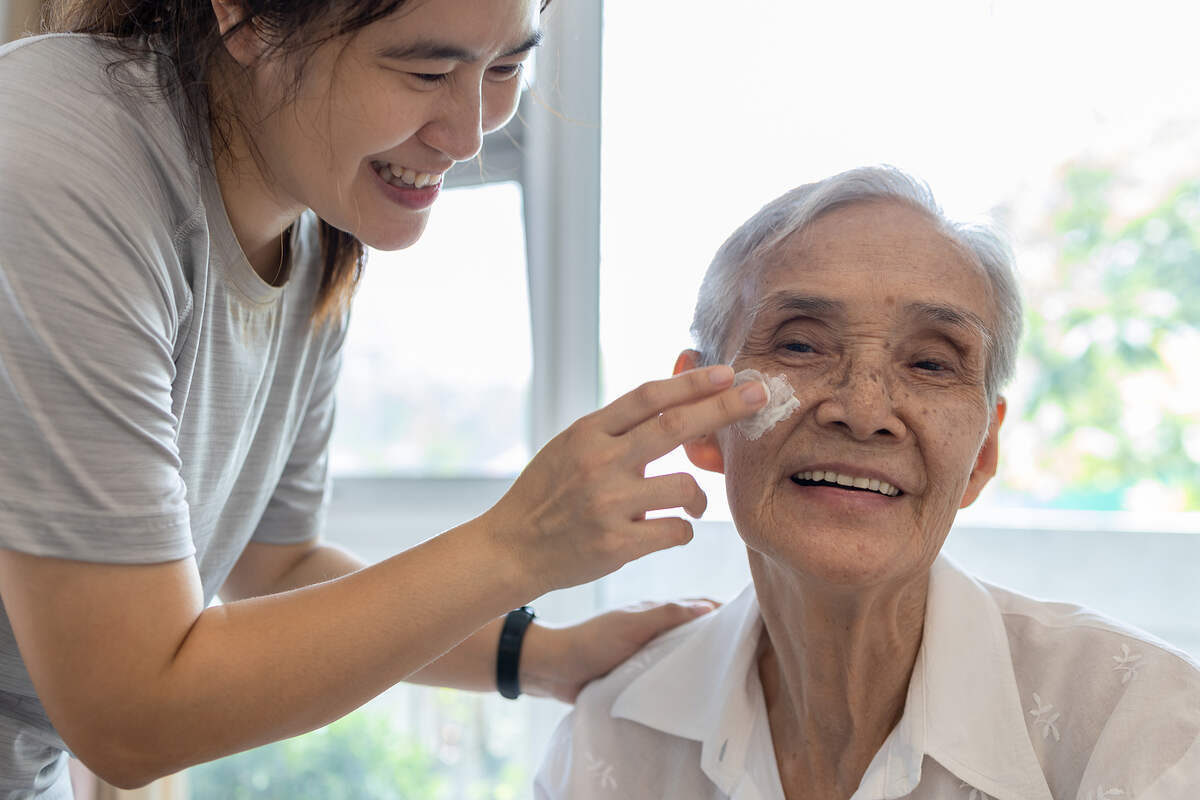
Home Caregiving Skin Tips. Applying skincare
The Benefits of Gentle Routines: Home Caregiving Skin Tips
- Reduces risk of sores, rashes, and infections
- Improves hygiene and comfort
- Boosts self-confidence and sense of dignity
- Strengthens the caregiver–recipient bond through respectful touch
Skincare Tips for Every Age and Condition
1. Cleanse Without Over-Stripping
Use a mild, fragrance-free cleanser and warm (not hot) water. Harsh soaps or overly frequent scrubbing can dry or irritate sensitive skin.
2. Moisturize Regularly
Apply a non-greasy, hypoallergenic lotion after bathing to lock in moisture. Pay special attention to elbows, knees, hands, and heels, where skin tends to crack.
3. Check Skin Daily
Look for redness, flaking, bruises, or unusual spots, especially in hard-to-see areas like the back or underarms. Catching skin issues early prevents escalation.
4. Prevent Pressure Injuries
If your loved one is immobile or bed-bound, reposition them every 2 hours. Use cushions or specialized mattresses to reduce pressure points.
5. Be Gentle With Bathing
Daily baths may not be necessary and can dry out skin. Try full baths every few days with sponge baths in between, focusing on hygiene zones.
Emotional Benefits of Skincare in Home Care
Touch, when given respectfully and attentively, is healing. A skincare routine is often one of the few daily activities involving gentle, nurturing contact. It can:
- Provide relaxation and reassurance
- Offer a moment of quiet connection
- Reinforce a sense of control and normalcy
When to Involve Professionals
If you notice wounds, rashes that don’t fade, skin that tears easily, or signs of fungal or bacterial infection, call a medical professional. Some care recipients may also benefit from dermatologist-approved products or special protective barriers.
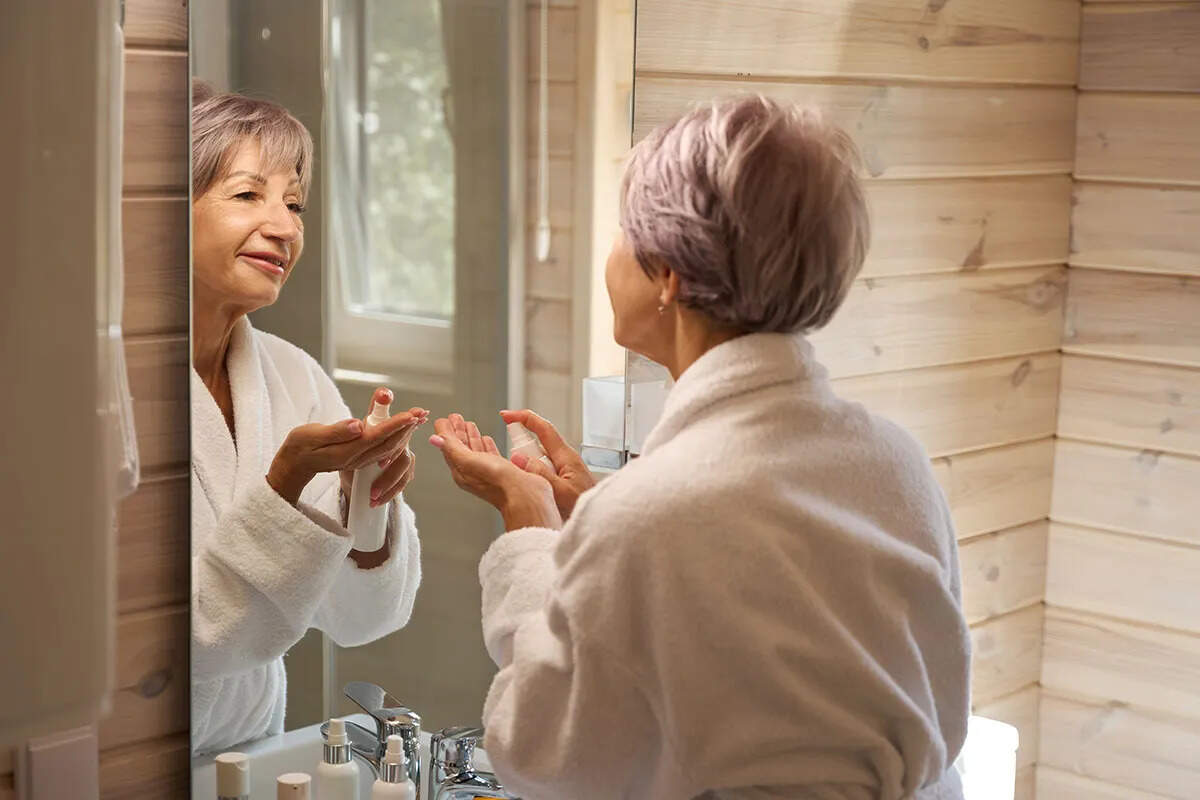
At Previce Care, our trained caregivers are educated in proper skin hygiene and prevention strategies so your loved one’s skin is as well-cared-for as the rest of them.
Final Thoughts: More Than Skin Deep
Skincare is one of the most intimate and essential parts of care. It’s where comfort, protection, and self-esteem all meet. When done with intention and respect, it becomes a meaningful act of love and advocacy. Whether it’s smoothing lotion on a tired hand or ensuring a safe, gentle bath, these small acts matter every single day.
At Previce Care, we care from the outside in.
